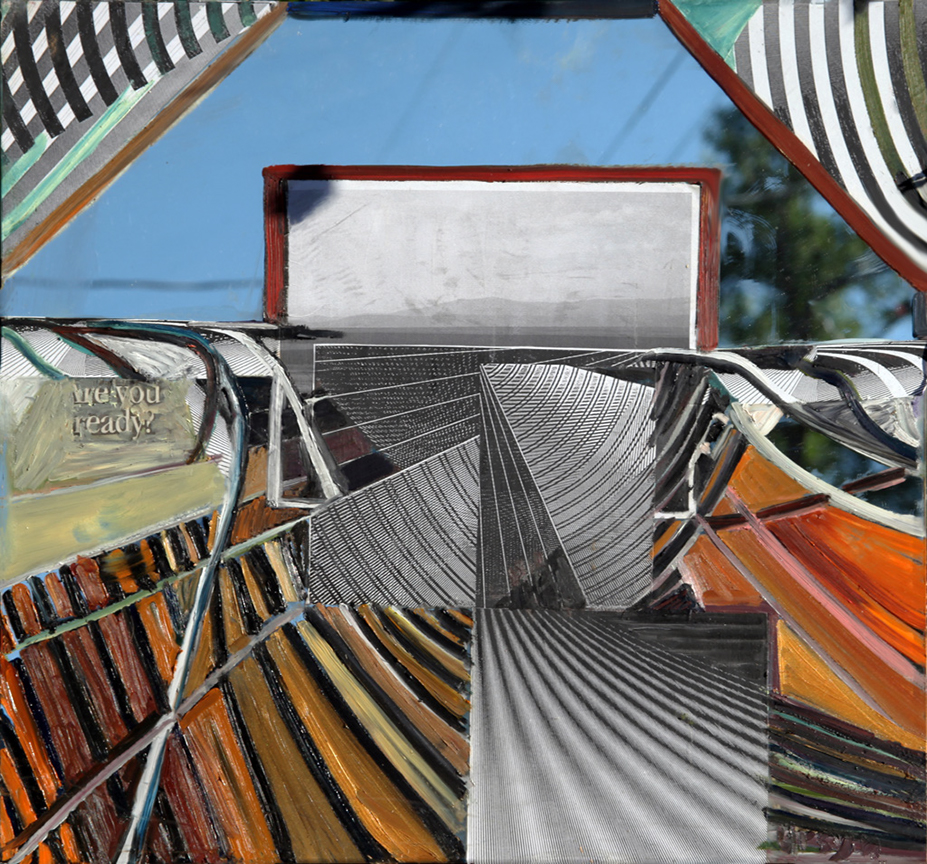Variations

Are You Ready? Nature as a Theater
Someone walking in the open may perceive nature as a theater performance filled with dramatic actions and events. A majority of theater plays obey the three classical rules of drama called the Aristotelian unities derived from his “Poetics.” In neoclassical form they comprise three unities that have shaped plays: (https://en.wikipedia.org/wiki/Classical_unities):
The unity of action: a play should have one main action that it follows, with no or few subplots.
The unity of place: a play should cover a single physical space and should not attempt to compress geography, nor should the stage represent more than one place.
The unity of time: the action in a play should take place over no more than 24 hours.
We may say, the virtual world set on a theatrical scene serves for discussing individual stories as projections of general rules and problems we are coping with in many areas. Life cycles, struggles, and relations occurring within an animal world can be seen as a theater. We can perceive ourselves as viewers, an interactive audience using magnifying glasses, cameras, physical tools, chemical substances, and even fishing rods or hunting equipment. We observe and categorize within fauna and flora and then make comparisons how different species vary in similar behaviors, as compared to our social interactions.
Nature is always there to be watched with all the activities we may relate to food chain, continuation of a species, or social activities. Images support connections between biology, engineering, and materials science. Sometimes we may feel tuned to examine the theater offered by natural settings and draw conclusions that may lead to solutions in science and technology. Scientists from academia, laboratories, and industry focus on biology-inspired research to understand how biological systems work, and then create systems and materials with efficiency and precision of living structures. They may be based on bio-mimicry that achieves similar function in synthetic material, bio-inspiration to perform the same function with different scheme, or bio-derivation that uses biomaterials to create a hybrid with artificial material.
Since ancient times the theatrical works aim at finding answers to fundamental questions such as those related to ethics, duty, love, and faith. Theater provides us with interpretations of conflicts and solutions as seen by a particular spectacle’s director. We may examine how differently the basic needs and wants related to hunger, sex, fight, and territorialism are met in the non-human and our societies, and how the moral, social, faith- and knowledge-based principles may control our behavior. Maybe a need for going outdoor and traveling during our free time comes from a need for watching and participating in a natural theater.